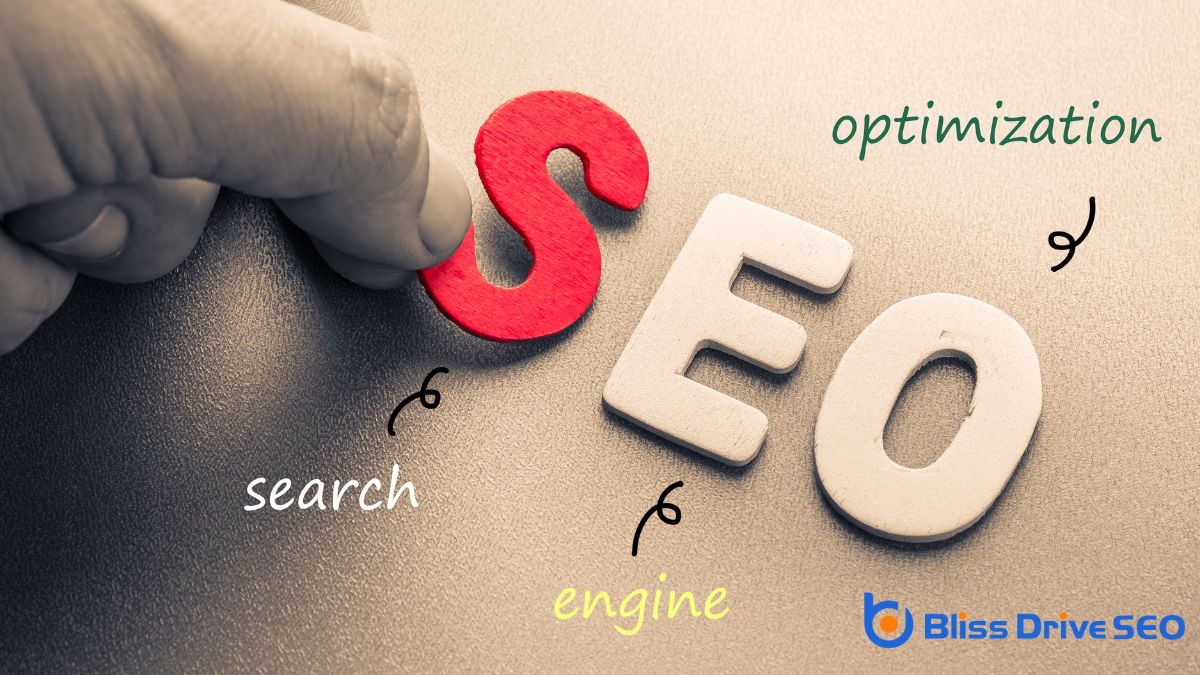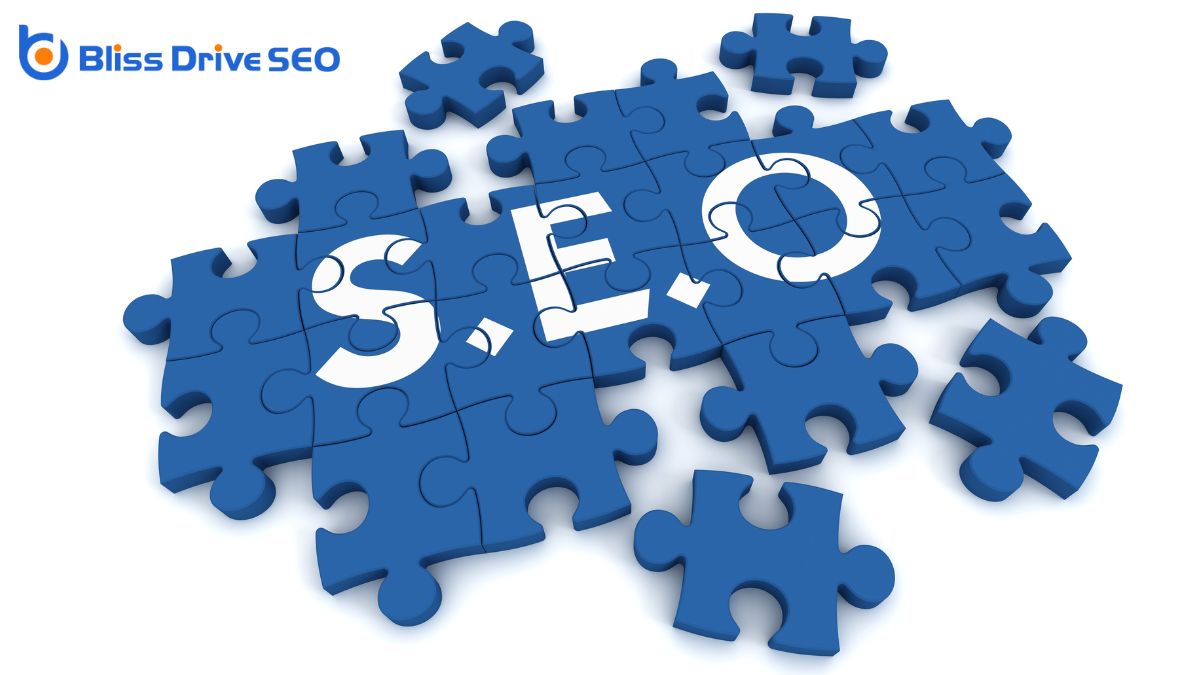Learn More About Us

You're probably wondering what the typical SEO monthly expense for a small business looks like, and it's a question many business owners struggle with. On average, expect to invest between $500 and $2,000, but this isn't a one-size-fits-all scenario. Various factors, such as industry competitiveness and the SEO provider's expertise, greatly influence these costs. In competitive markets, you might need to spend more to see noticeable results. So, how do you navigate these pricing models effectively and ensure you're getting the best value for your investment? Let's explore the nuances that can impact your decision.

When considering the factors influencing SEO costs, recognizing the complexity and breadth of services involved is important. You need to understand that SEO isn't just about tweaking a few keywordsWords or phrases that users type into search engines to find information. on your website. The range of services includes on-page optimizationImproving individual webpages to rank higher and earn more relevant traffic in search engines., technical SEOOptimizing the server and website structure to improve search engine crawling and indexing., content creation, and link buildingThe process of acquiring backlinks from other websites.. Each of these elements requires time, expertise, and consistent effort, which contributes to the cost.
Your website's current status has a significant impact on SEO pricing. If your site needs a lot of work to fix technical issues or improve content, expect higher initial costs.
The industry you're in also plays a role; competitive industries demand more aggressive SEO strategies, which can increase expenses. Additionally, geographic targeting affects costs—focusing on a local audience might be less costly than aiming for national or global reach.
Consider the agency or consultant's expertise and reputation. More experienced professionals often charge higher rates, but they bring more strategic insight and proven results.
Exploring typical pricing models for SEO services can help you understand what to expect when investing in your digital presence. SEO pricing generally falls into a few common categories: hourly rates, monthly retainers, and project-based pricing. Knowing these can guide you in making informed decisions that suit your business needs.
With hourly rates, you're charged based on the time an SEO professional spends working on your site. This model can be flexible, allowing you to pay only for the hours you need. However, it requires careful tracking of time spent to guarantee you're getting your money's worth.
Monthly retainers involve a fixed monthly fee for a set range of services. This model is popular because it provides consistency and allows for ongoing optimization. You know exactly what you're paying each month, making it easier to budget.
Project-based pricing is a one-time fee for a specific SEO task or campaignA set of ad groups sharing a budget, targeting options, and other settings.. Whether you need a website audit or a backlink strategy, this model lets you pay for defined outcomes. It's ideal for businesses with particular SEO goals in mind.
Understanding these models helps you choose the right approach for your business and makes the SEO investment worthwhile.
Having a grasp of the various pricing models, you might wonder what the average monthly cost for SEO services is. For small businesses, SEO costs can vary widely, but generally, you can expect to pay anywhere from $500 to $2,000 per month. This range depends on factors like the competitiveness of your industry, the scope of the services, and the expertise of the SEO provider you choose.
If your business operates in a highly competitive market, costs might lean towards the higher end. In contrast, businesses in less competitive niches often find more affordable options. When considering the cost, remember that SEO is an investment in your business's online visibility and long-term growth.
You may encounter providers offering lower-priced packages, but be cautious. Extremely low prices can sometimes indicate a lack of experience or the use of outdated, ineffective practices. It's essential to weigh the quality of services against the cost. Investing in a reputable SEO provider often leads to better results and a more significant return on investment.
Ultimately, understanding these cost factors helps you make informed decisions, ensuring you get the best value for your business's SEO needs.
Leveraging cost-saving strategies effectively can help you manage your SEO budget without sacrificing quality. Start by focusing on high-impact, low-cost tactics that can boost your online presence.
One approach is to prioritize local SEOOptimization strategies aimed at improving a website’s visibility in local search results., especially if you're targeting a specific geographic area. Optimize your Google My Business profile, encourage customer reviews, and make sure your contact information is consistent across all platforms.
Another strategy is to create valuable content in-house if you have the expertise. Blog posts, how-to guides, and FAQs can drive traffic and engage your audience at a minimal cost. Use free tools like Google AnalyticsA web analytics service offered by Google that tracks and reports website traffic. and Google Search ConsoleA tool by Google that helps monitor and maintain your site's presence in search results. to monitor performance and adjust your strategies accordingly.
Consider collaborating with micro-influencers in your nicheA specific segment of the market targeted by affiliates to promote products or services.. They often charge less than larger influencersIndividuals with the power to affect the purchasing decisions of others due to their authority, know... but can still provide significant reach and engagementThe interactions that users have with a brand’s content on social media.. Additionally, focus on building quality backlinksLinks from other websites pointing to your website, crucial for SEO. through guest bloggingWriting and publishing articles on other websites to reach a new audience. or partnerships with complementary businesses.

Understanding the value and ROI of your SEO efforts is essential for ensuring your investment is worthwhile. You need to evaluate whether the money you spend is generating sufficient returns. Begin by setting clear goals. Do you want more website traffic, higher sales, or improved brand awarenessThe extent to which consumers are familiar with the qualities or image of a particular brand.? Having specific objectives makes it easier to measure success.
Track key performance indicators (KPIs) like organic trafficVisitors who come to a website through unpaid search engine results., conversionThe completion of a desired action by a referred user, such as making a purchase or filling out a fo... rates, and search engine rankingsThe position at which a website appears in the SERP.. These metrics help you see how your SEO strategies are impacting your business. Use tools like Google AnalyticsThe systematic computational analysis of data or statistics to gain insights and support decision-ma... to gather data and analyze trends over time. This information will show you what's working and where you might need adjustments.
Consider your customer acquisition cost (CAC)The cost associated with acquiring a new customer, including marketing and sales expenses. as well. Compare it with the lifetime value (LTV)The total revenue expected from a customer over the entire duration of their relationship with a bus... of a customer. If your SEO efforts are bringing in customers at a lower CAC than other marketing methods, you're on the right track.
Lastly, remember that SEO is a long-term game. Immediate results are rare. Continuously monitor and refine your strategies to improve ROI over time. Patience and persistence are key to realizing the true value of your SEO investment.
When pondering SEO for your small business, you should anticipate spending between $500 and $2,000 monthly. However, costs can vary depending on industry competition and the provider's proficiency. Remember, investing in quality services is essential for attaining effective online visibility and growth. Seek out cost-effective strategies that don't compromise on quality, and always concentrate on evaluating the value and return on investment to guarantee you're achieving the optimal outcomes for your business.
